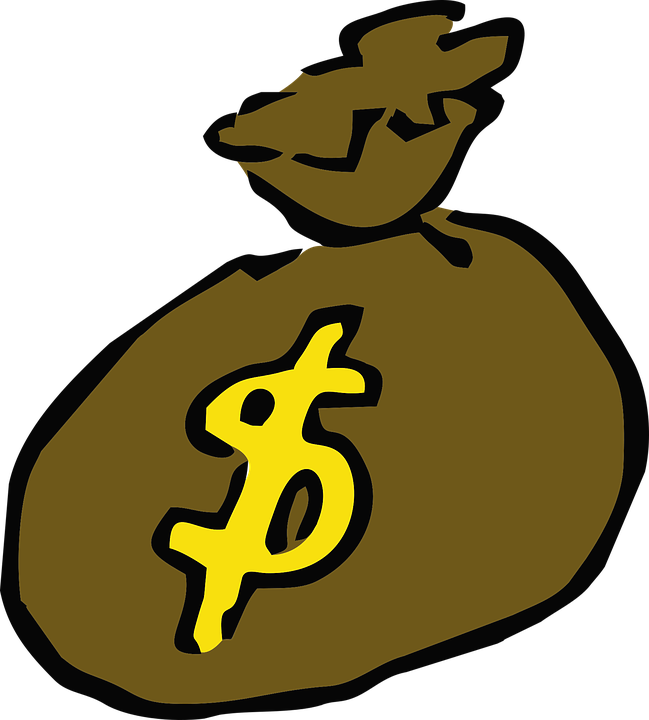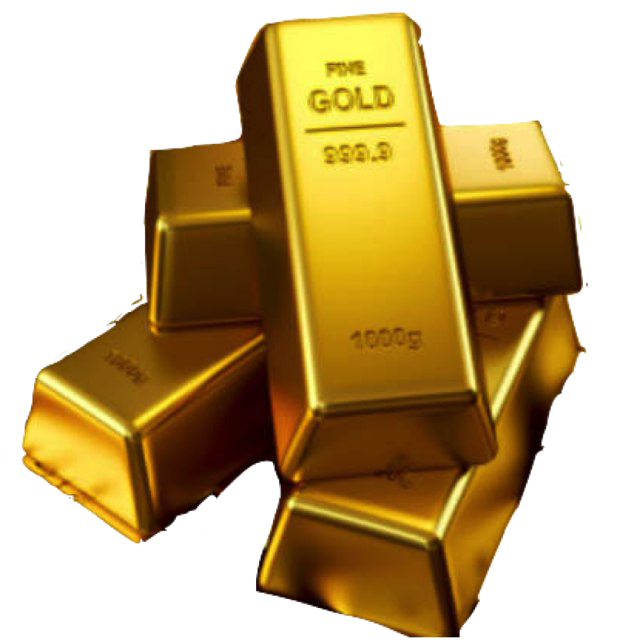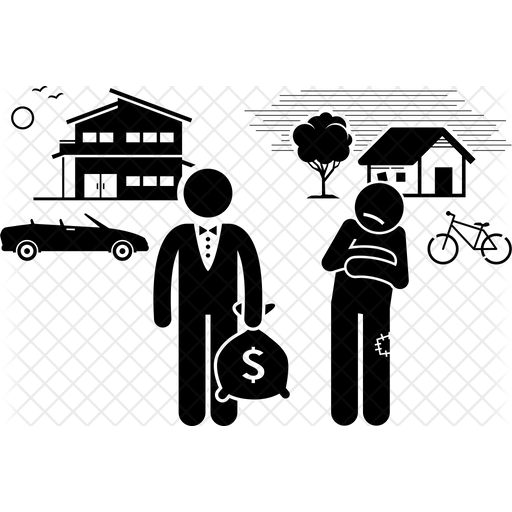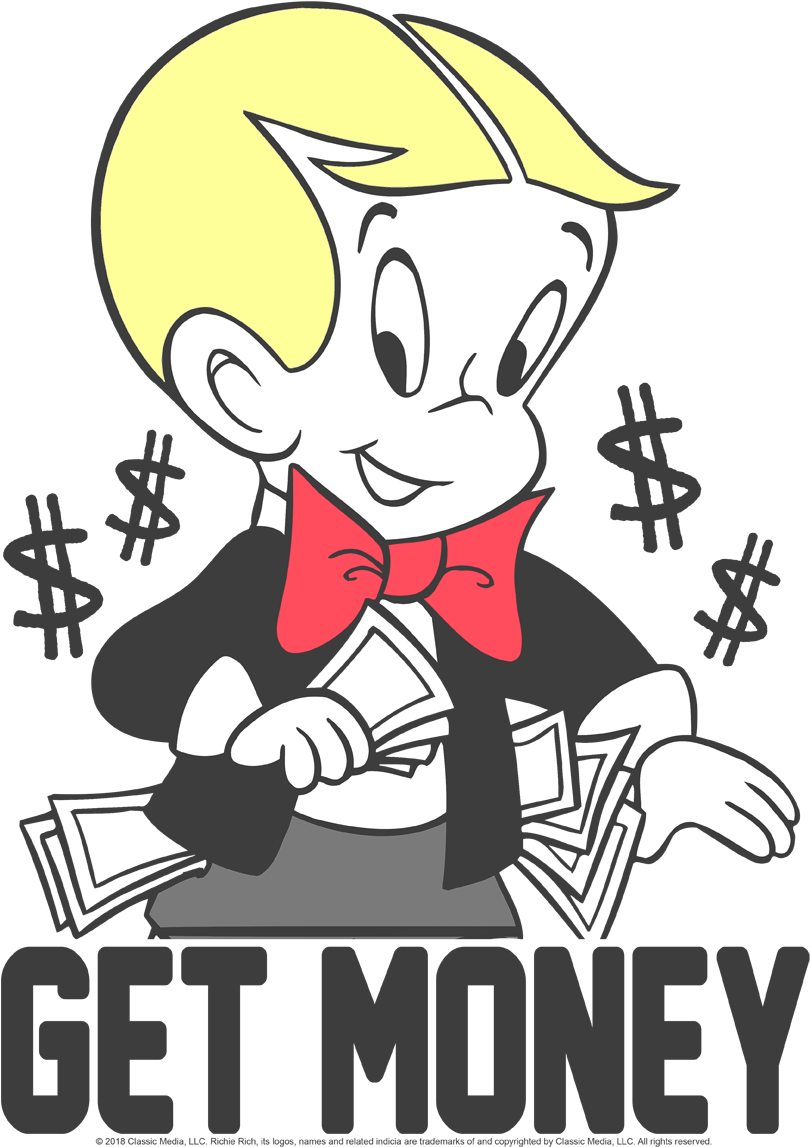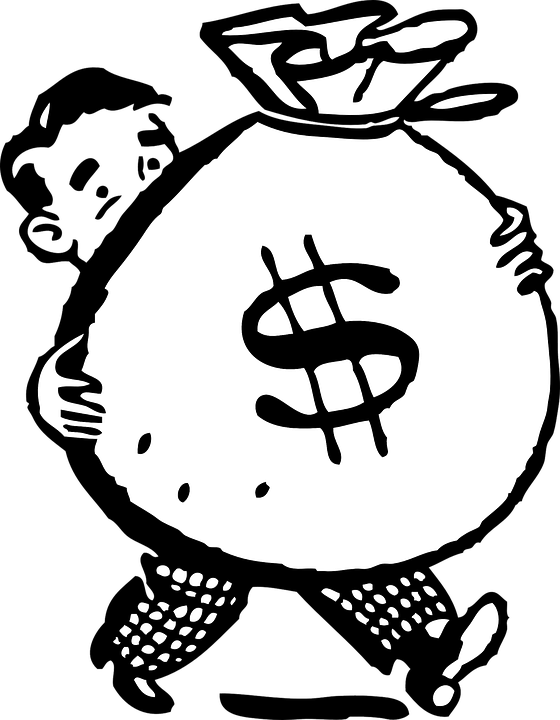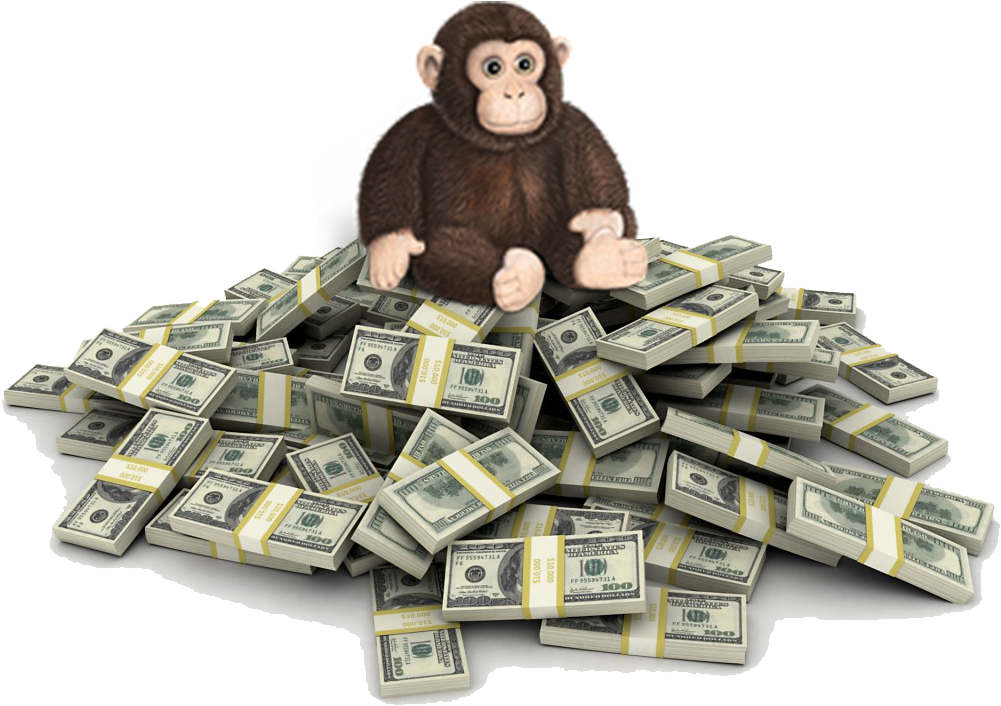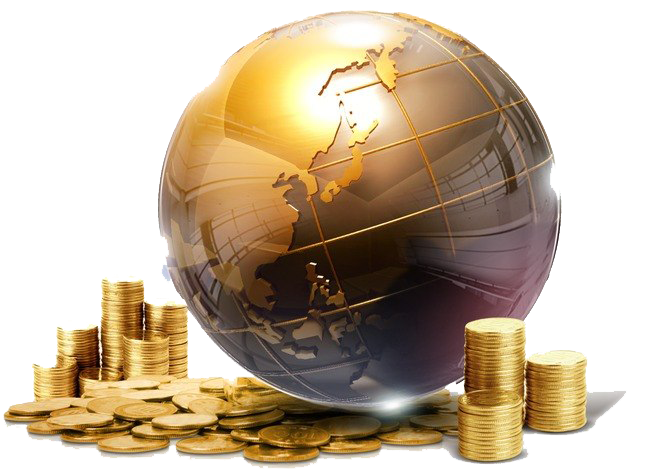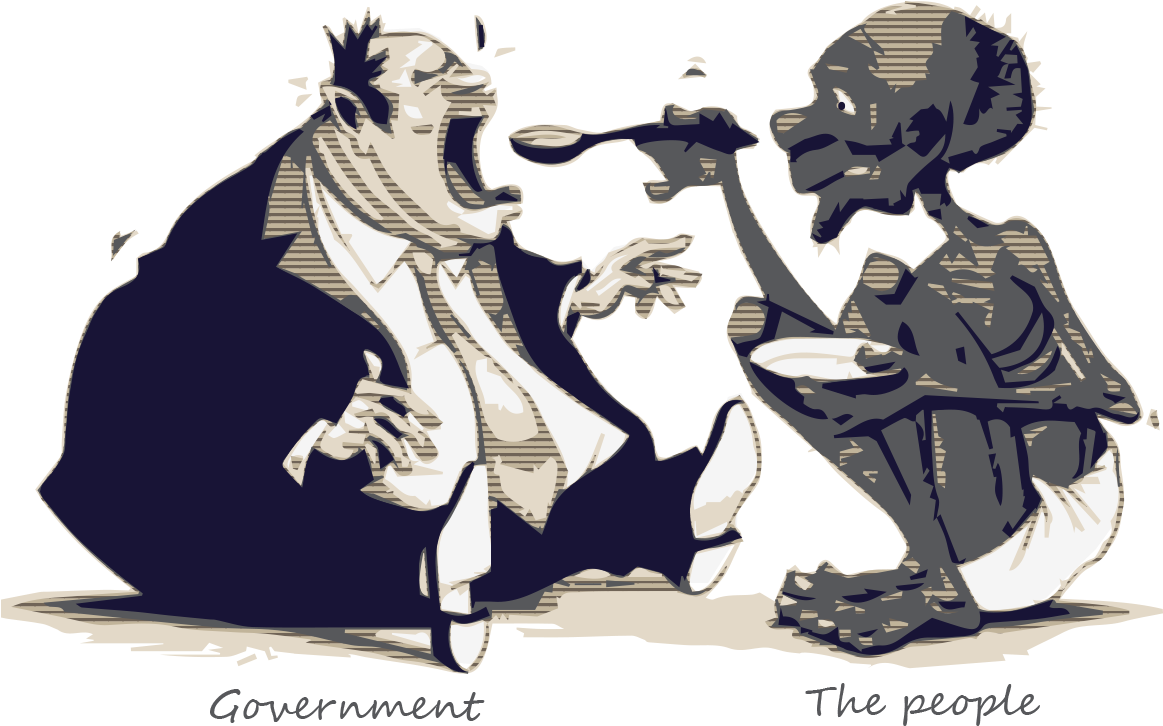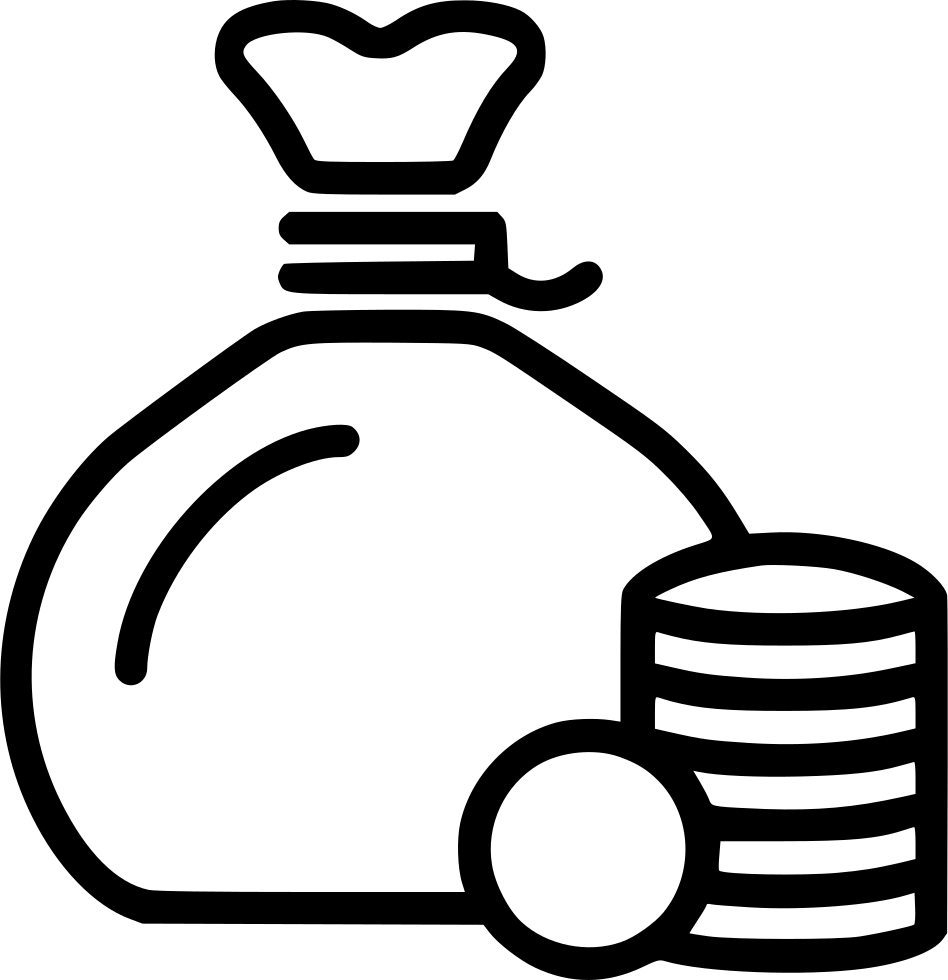Download top and best high-quality free Rich PNG Transparent Images backgrounds available in various sizes. To view the full PNG size resolution click on any of the below image thumbnail.
License Info: Creative Commons 4.0 BY-NC
Wealth is defined as a large number of valuable financial or physical assets that can be turned into a form that may be utilized for transactions. This includes the primary meaning found in the Old English word weal, which is derived from an Indo-European root.
The contemporary idea of wealth is important in all fields of economics, particularly in growth and development economics, although its definition varies depending on the situation. The term “rich” refers to someone who has a large net worth. The current value of one’s assets minus one’s obligations is referred to as net worth (excluding the principal in trust accounts).
Economists may define wealth as “everything of worth” at the broadest level, which incorporates both the subjective aspect of the term and the fact that it is not a fixed or unchanging concept. Individuals and groups have asserted various meanings and ideas of wealth in diverse circumstances.
Individuals and groups have asserted various meanings and ideas of wealth in diverse circumstances. Wealth maximization is often considered as a goal or assumed to be a normative principle in and of itself, therefore defining wealth may be a normative process with many ethical consequences. Wealthy refers to a community, region, or country that has an abundance of such things or resources for the general welfare.
According to the United Nations, inclusive wealth is a monetary metric that encompasses natural, human, and physical assets. Land, forests, energy resources, and minerals are all examples of natural capital. The education and talents of the people are referred to as human capital. Machinery, buildings, and infrastructure are examples of physical capital.
Wealth, according to Adam Smith’s landmark work The Wealth of Nations, is “the yearly output of the land and labor of the community.” This “product” is, at its most basic level, that which meets human utilitarian requirements and wants.
Wealth is defined as an abundance of goods of economic worth, or the state of controlling or holding such items, generally in the form of money, real estate, and personal property, in common use. A person who is considered wealthy, affluent, or rich has amassed significant fortune in comparison to others in their culture or reference group.
The value of assets possessed minus the value of obligations outstanding at a certain moment in time is referred to as net worth in economics. Personal property, such as homes or vehicles; monetary savings, such as the accumulation of previous income; and capital wealth, which includes real estate, stocks, bonds, and enterprises, are the three main types of wealth.
All of these distinctions highlight the importance of money in social stratification. Wealth may be translated into house ownership, company ownership, or even a college degree, and offers a sort of private safety net against an unanticipated drop in one’s living standard in the case of job loss or other calamity.
A collection of limited-supply, transferrable, and valuable in meeting human aspirations has been characterized as wealth. Scarcity is a key component of wealth. When everyone has access to a desired or valuable commodity (transferable item or talent), the owner of the commodity has no potential for prosperity. When a valuable or desired product is in short supply, the owner of the commodity stands to gain a lot of money.
The term “wealth” refers to a collection of resources (net asset value), whether plentiful or not. The term ‘richness’ refers to a plentiful supply of such resources (income or flow). As a result, a wealthy person, community, or nation has more accumulated resources (capital) than a poor person, community, or nation. Destitution is the polar opposite of riches. Poverty is the polar opposite of wealth.
The phrase refers to a social contract that may be used to create and maintain ownership of such goods with little or no work and expenditure on the side of the owner. Wealth is a relative notion that differs not just across cultures, but also between various sectors or areas within the same community.
In most places of the United States, a personal net worth of $10,000 would not qualify a person as one of the city’s richest residents. However, in impoverished developing nations, such a sum would represent a significant amount of wealth.
Wealth is also a concept that changes with time. Even the poorest individuals in modern civilizations have greatly improved their level of life because to labor-saving technology and scientific advancements.
This concept of comparative wealth across time may also be applied to the future; given the current rate of human progress, future generations may regard the wealthiest now to be destitute.
The importance of technology was emphasized throughout the industrial revolution. A large number of jobs were mechanized. Some employees were displaced by machines, while others grew more specialized. Specialization of labor became crucial to economic success. However, physical capital, which includes both natural and infrastructure capital, became the focus of wealth research.
Download Rich PNG images transparent gallery.
- Rich People PNG
Resolution: 1994 × 1780
Size: 233 KB
Image Format: .png
Download
- Rich People PNG Photo
Resolution: 750 × 489
Size: 73 KB
Image Format: .png
Download
- Rich Money PNG
Resolution: 649 × 720
Size: 104 KB
Image Format: .png
Download
- Rich Money
Resolution: 864 × 720
Size: 558 KB
Image Format: .png
Download
- Rich PNG Picture
Resolution: 1495 × 1920
Size: 130 KB
Image Format: .png
Download
- Rich People PNG Image
Resolution: 1166 × 1273
Size: 299 KB
Image Format: .png
Download
- Rich
Resolution: 512 × 512
Size: 27 KB
Image Format: .png
Download
- Rich People PNG File
Resolution: 512 × 512
Size: 16 KB
Image Format: .png
Download
- Rich People PNG Clipart
Resolution: 512 × 440
Size: 8 KB
Image Format: .png
Download
- Rich Money PNG File
Resolution: 512 × 512
Size: 20 KB
Image Format: .png
Download
- Rich PNG HD Image
Resolution: 980 × 940
Size: 40 KB
Image Format: .png
Download
- Rich Money PNG Image
Resolution: 512 × 512
Size: 184 KB
Image Format: .png
Download
- Rich Money PNG Cutout
Resolution: 640 × 640
Size: 292 KB
Image Format: .png
Download
- Rich PNG Photo
Resolution: 512 × 512
Size: 26 KB
Image Format: .png
Download
- Rich People
Resolution: 1200 × 2121
Size: 199 KB
Image Format: .png
Download
- Rich No Background
Resolution: 512 × 512
Size: 89 KB
Image Format: .png
Download
- Rich PNG Free Image
Resolution: 512 × 512
Size: 113 KB
Image Format: .png
Download
- Rich People PNG Cutout
Resolution: 1024 × 1024
Size: 65 KB
Image Format: .png
Download
- Rich People PNG Images
Resolution: 810 × 1147
Size: 170 KB
Image Format: .png
Download
- Rich People PNG Photos
Resolution: 560 × 720
Size: 80 KB
Image Format: .png
Download
- Rich PNG Image HD
Resolution: 515 × 720
Size: 88 KB
Image Format: .png
Download
- Rich PNG Images
Resolution: 512 × 512
Size: 24 KB
Image Format: .png
Download
- Rich People Transparent
Resolution: 512 × 512
Size: 32 KB
Image Format: .png
Download
- Rich PNG Image File
Resolution: 1280 × 1280
Size: 145 KB
Image Format: .png
Download
- Rich People PNG Picture
Resolution: 512 × 512
Size: 21 KB
Image Format: .png
Download
- Rich People PNG HD Image
Resolution: 905 × 1280
Size: 159 KB
Image Format: .png
Download
- Rich PNG File
Resolution: 1001 × 706
Size: 976 KB
Image Format: .png
Download
- Rich People PNG Pic
Resolution: 2724 × 2789
Size: 696 KB
Image Format: .png
Download
- Rich PNG Images HD
Resolution: 600 × 600
Size: 60 KB
Image Format: .png
Download
- Rich PNG Photos
Resolution: 1025 × 205
Size: 372 KB
Image Format: .png
Download
- Rich PNG
Resolution: 512 × 512
Size: 33 KB
Image Format: .png
Download
- Rich Money PNG Photo
Resolution: 650 × 470
Size: 348 KB
Image Format: .png
Download
- Rich PNG Image
Resolution: 762 × 1280
Size: 251 KB
Image Format: .png
Download
- Rich People PNG Image HD
Resolution: 514 × 388
Size: 58 KB
Image Format: .png
Download
- Rich PNG Pic
Resolution: 1163 × 726
Size: 226 KB
Image Format: .png
Download
- Rich Transparent
Resolution: 664 × 403
Size: 138 KB
Image Format: .png
Download
- Rich PNG Clipart
Resolution: 721 × 742
Size: 187 KB
Image Format: .png
Download
- Rich PNG Cutout
Resolution: 470 × 800
Size: 46 KB
Image Format: .png
Download
- Rich Money PNG Pic
Resolution: 948 × 980
Size: 38 KB
Image Format: .png
Download


